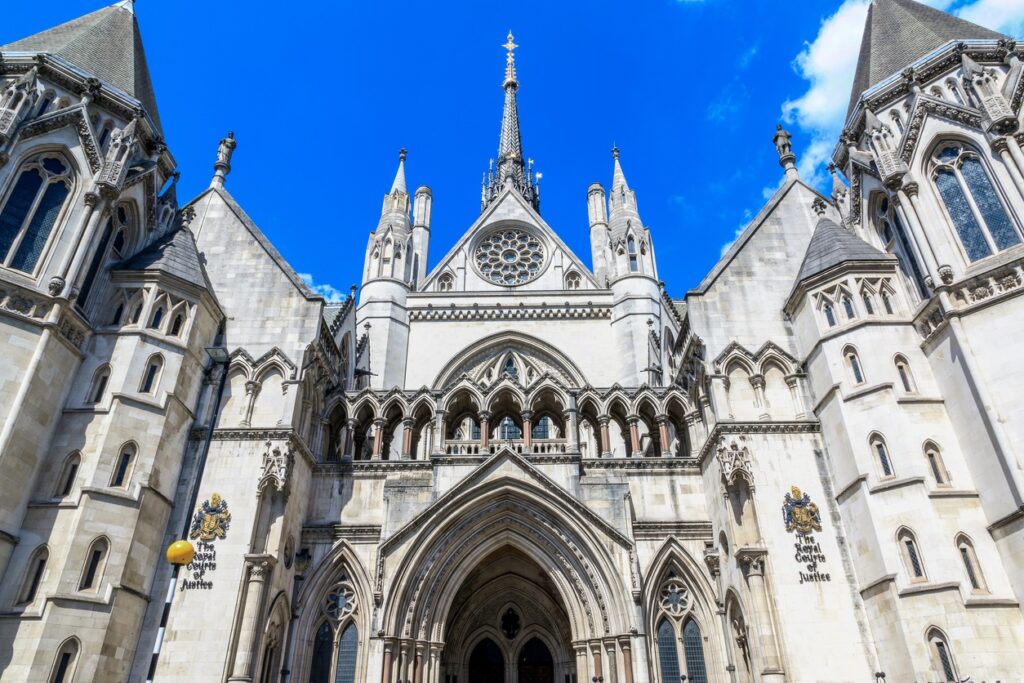
In the recent case of Leeson and another v McPherson [2024] EWHC 976 (Ch), both the claimants and the defendant had permission to rely on written reports and oral evidence from pathology experts. However, the defendant indicated that he would not attend the proceedings in person or through legal representation. This led the court to prohibit the defendant’s expert witness from giving oral evidence due to the defendant’s absence and therefore inability to call the expert as a witness at trial.
The claimants argued that if the defendant’s expert could not be cross-examined, his report and any evidence should be inadmissible or given limited weight. The court acknowledged the unusual situation of a party’s expert giving evidence without that party being present to call them as a witness, which also raised concerns about maintaining proper procedure. Ultimately, the court ruled that fairness could not be maintained by allowing the defendant’s expert to provide untested oral evidence. Key concerns included:
- The oral evidence from the claimants’ experts not receiving equal cross-examination; and
- The court’s inability to re-examine the defendant’s expert as the defendant might wish.
Notwithstanding the above, the Court did acknowledge that there may be exceptional cases where an unavoidably absent party’s expert could give oral evidence. But this did not apply to this case due to the serious allegations involved against the defendant and perhaps because it was the defendant’s choice to be absent at trial. The court did not completely exclude the absent defendant’s expert evidence however, and their written report was still admissible as evidence for the court to consider, attaching such weight to it as the court would consider appropriate in the circumstances.
This decision reinforces the importance of the principle that expert evidence from both sides must be equally tested through cross-examination to ensure proper balance and fairness in the court room. Equally, it also highlights the court’s discretion in balancing evidentiary rules with case circumstances.
Link to the case: Leeson & Anor v Donald McpHerson [2024] EWHC 976 (Ch) (23 April 2024) (bailii.org)
This article is for general purpose and guidance only and does not constitute legal advice. Specific legal advice should be taken before acting on any of the topics covered. No part of this article may be used, reproduced, stored or transmitted in any form, or by any means without the prior permission of Brecher LLP.




